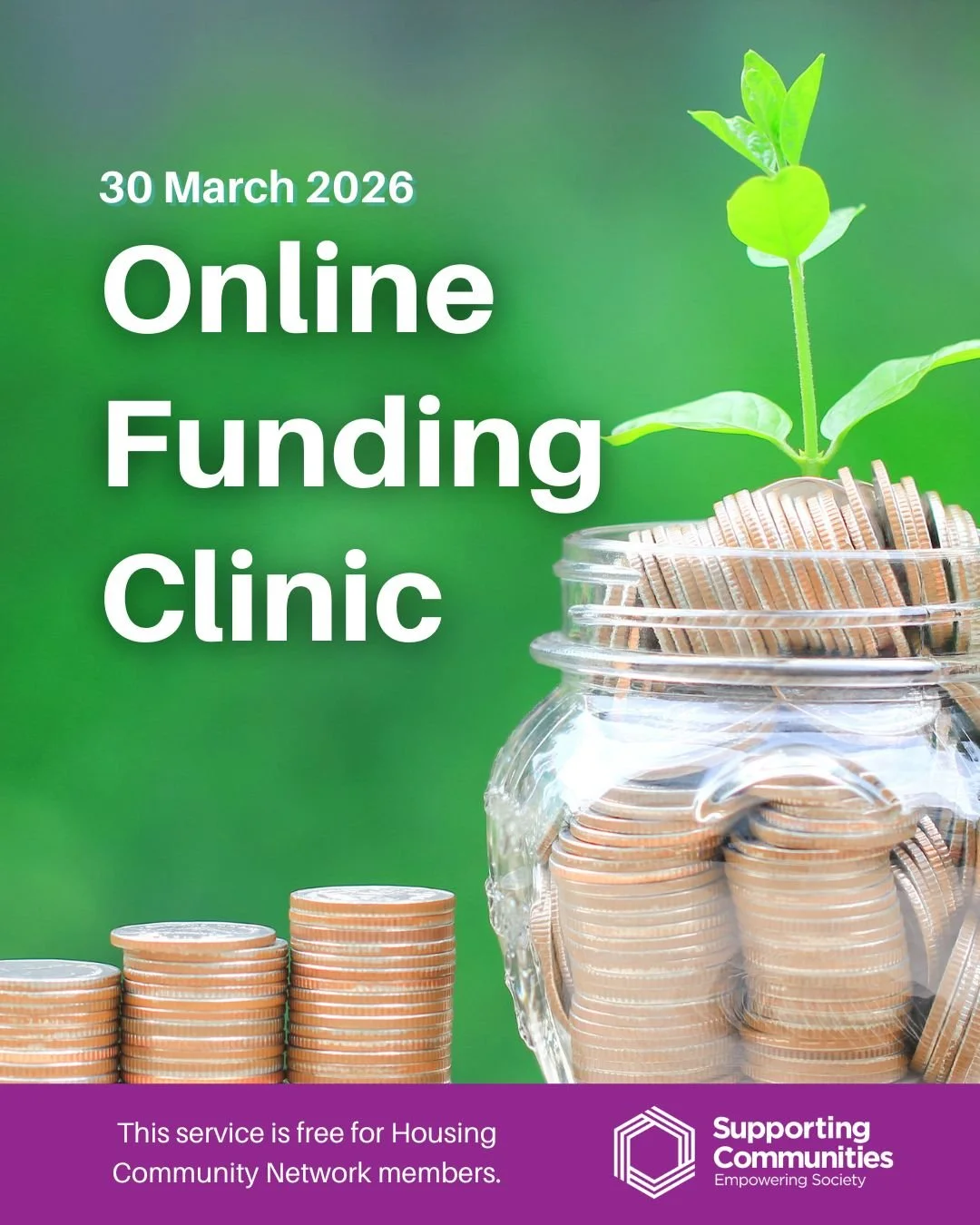Bite for Life
/In 2024, 520,000 people in Northern Ireland, including 130,000 children and young people, lived in food insecure households compared to 370,000 in 2022 and 110,000 children. This represents 1 in 5 households in Northern Ireland. Children are at particular risk of living in food insecure homes. In 2024, 1 in 3 children (32%) were growing up in food insecure homes. (Hunger in Northern Ireland September 2025- Trussell Trust)
Families with children were more likely to have needed to turn to charitable food providers for support in the last year. Two-fifths of those who attended foodbanks in the last year had children under the age of 16.
Children and young people in receipt of free school meals are at greater risk of food shortage during the school holidays. The Trussell Trust said it gave out 49% more food parcels to families in Northern Ireland in July and August 2023, than the previous year, after summer meal payments were no longer given to families in receipt of free school meals.
About Us
LFT Charitable Trust is a Belfast based family foundation offering small grants and support. We build our knowledge by engaging with individuals and organisations working within our priority areas of health, education and the alleviation of suffering & distress.
Our priority is to fund partner organisations which make a lasting difference to people’s lives; focus on reducing isolation, inequality and stigma; and inspire and empower individuals to realise their potential and share in the life of the whole community.
It follows that LFT believes that all children and young people should always have adequate food and the opportunity to enjoy their school holidays without the fear of hunger.
Objective of the Bite for Life Grantmaking Programme
The aim of this LFT Grant Programme is to support young people aged 12-16 years old, at risk of holiday hunger. The grant programme will support summer programmes to provide young people with nutritious food alongside culinary skills and other fun activities during a period of the school summer holidays.
Application Process
To apply, applicants should download an application form here.
As with all funders, it is likely that demand will exceed available funds and so this will be a competitive process. Criteria used to assess applications will include:
Previous relevant experience
Proposed Activities and Rationale
Intentional targeting of participants – young people at risk of holiday hunger
NI Multiple Deprivation Measures (2017) ranking
Impact expected and how this will be measured (with preference given to applications that propose the use of validated tools)
Number of participants involved
Volunteer involvement
Value for Money
Preference may be given to organisations not previously funded by LFT Charitable Trust
Applications for grants up to £6,000 are invited.
The deadline for receipt of completed applications is 12 noon 19thMarch 2026 with all applicants informed of the outcome by the end of April 2026
Completed applications should be submitted to grants@LFTcharitabletrust.com
Financial commitments are envisaged from 1st June 2026 with a requirement to complete delivery by end of August 2026.
For more information, please visit Bite for Life – LFT Charitable Trust, Belfast






